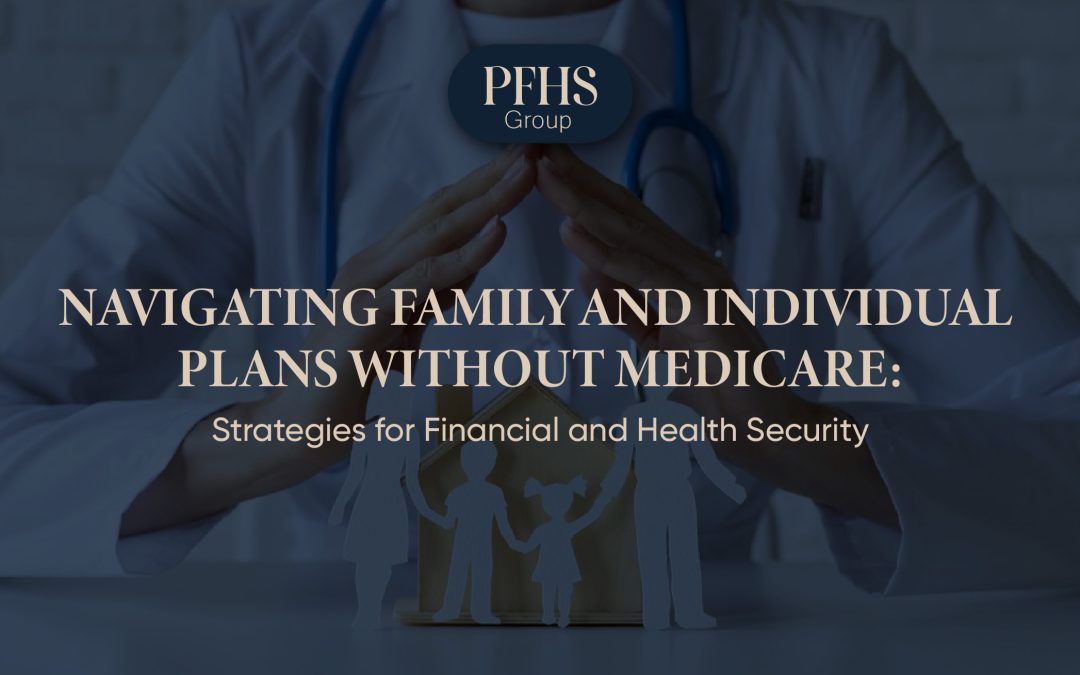When facing the challenge of navigating family and individual plans without Medicare, finding a balance between financial stability and health security becomes paramount. In this blog, we’ll explore strategies to ensure both the family’s financial well-being and individual health needs are met, even in the absence of a Medicare card.
Assessing Financial Resources: Understanding Your Options
Without the safety net of Medicare, it’s crucial to assess your family’s financial resources and explore alternative options for health coverage. Researching private health insurance plans, health savings accounts (HSAs), and community health resources can provide valuable insights into available options.
Budgeting for Health Expenses: Prioritizing Wellness
In the absence of Medicare coverage, budgeting for health expenses becomes even more critical. Setting aside funds for routine medical care, prescriptions, and unexpected emergencies can help mitigate financial stress and ensure timely access to necessary healthcare services. Prioritizing wellness through preventive care measures such as regular check-ups, vaccinations, and screenings can also help reduce long-term healthcare costs and promote overall well-being.
Exploring Alternative Healthcare Providers: Maximizing Affordability
When traditional healthcare services are financially out of reach, exploring alternative providers can provide cost-effective solutions for meeting your family’s health needs. Community health centers, free clinics, and telemedicine services offer accessible options for routine care, chronic disease management, and mental health support. Additionally, leveraging discounts, subsidies, and patient assistance programs can help reduce out-of-pocket expenses and make healthcare more affordable for your family.
Investing in Wellness: Long-Term Strategies for Health Security
While navigating family and individual plans without Medicare may present challenges, investing in wellness can provide long-term benefits for both financial and health security. Prioritizing healthy lifestyle habits, such as regular exercise, balanced nutrition, and stress management, can help prevent chronic diseases and reduce healthcare costs over time. Building a strong support network of family, friends, and community resources can also provide invaluable emotional and practical support during challenging times.
Conclusion
In a nutshell, navigating family and individual plans without Medicare requires careful planning, resourcefulness, and a commitment to prioritizing both financial stability and health security. By assessing financial resources, budgeting for health expenses, exploring alternative healthcare providers, and investing in wellness, families can find stability and security in the face of uncertainty. While the absence of a Medicare card may present challenges, it also offers opportunities to explore new avenues for meeting your family’s unique needs and priorities. With strategic planning and a proactive approach to health and finances, you can navigate this journey with confidence.

